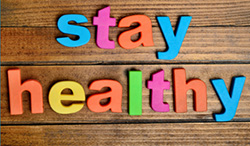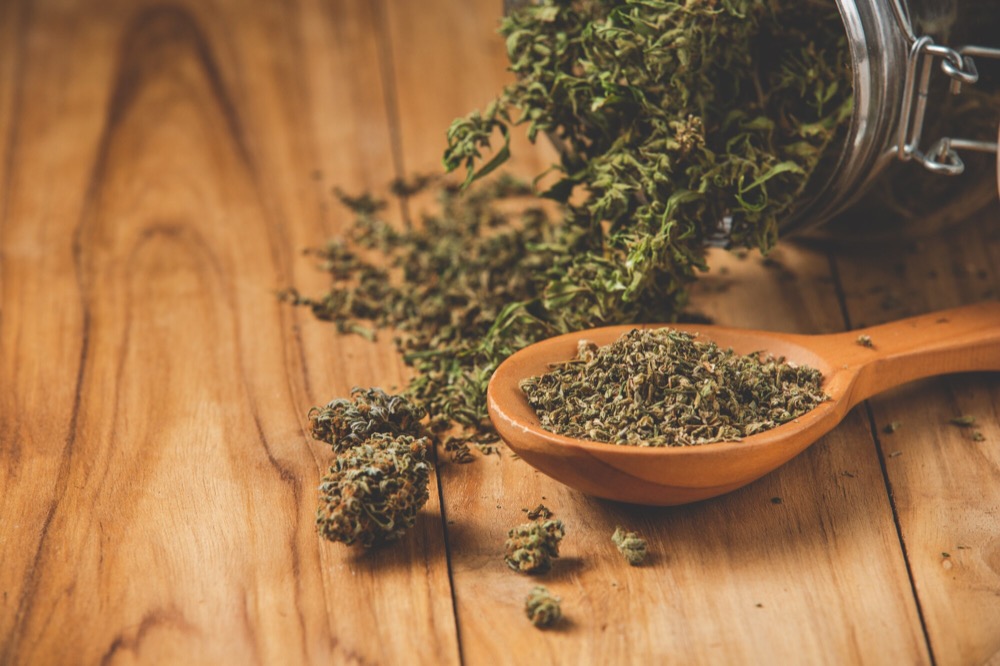Options By Page 4 Newsletter - September 2024
Welcome to the latest edition of Options By Page 4 Newsletter!
Welcome to the latest edition of options by page 4 newsletter! This month, we’re focusing on a topic that’s crucial for anyone beginning their journey to sobriety: what to expect when you stop drinking. Whether you’re in the early stages of recovery or supporting someone who is, understanding the challenges and changes that come with sobriety can make a big difference. In this issue, we’ll cover the physical and emotional effects of quitting alcohol, offer practical tips for managing withdrawal symptoms, and provide information on when to seek professional help.
Introduction
 Deciding to stop drinking is a courageous step toward a healthier, happier life. Whether you’re stopping cold turkey or gradually reducing your alcohol intake, the early stages of sobriety can be challenging. Many people experience physical and emotional changes during this time, and understanding what to expect can make the journey less daunting.
Deciding to stop drinking is a courageous step toward a healthier, happier life. Whether you’re stopping cold turkey or gradually reducing your alcohol intake, the early stages of sobriety can be challenging. Many people experience physical and emotional changes during this time, and understanding what to expect can make the journey less daunting.
What happens when you stop drinking?
 When you stop drinking alcohol, your body begins to adjust to the absence of a substance it’s grown used to. This can lead to withdrawal symptoms, which can vary from mild to severe. Some common symptoms include headaches, anxiety, sweating, and trouble sleeping. These symptoms are your body’s way of detoxifying and can be tough to manage without proper support.
When you stop drinking alcohol, your body begins to adjust to the absence of a substance it’s grown used to. This can lead to withdrawal symptoms, which can vary from mild to severe. Some common symptoms include headaches, anxiety, sweating, and trouble sleeping. These symptoms are your body’s way of detoxifying and can be tough to manage without proper support.
Coping with withdrawal symptoms
 Dealing with withdrawal can be overwhelming, but there are ways to manage the symptoms. Staying hydrated, eating nutritious meals, and getting enough rest are crucial. Engaging in activities that keep your mind off drinking, like walking, reading, or practicing mindfulness is also helpful. A strong support system, whether through friends, family, or a recovery group, can make a big difference.
Dealing with withdrawal can be overwhelming, but there are ways to manage the symptoms. Staying hydrated, eating nutritious meals, and getting enough rest are crucial. Engaging in activities that keep your mind off drinking, like walking, reading, or practicing mindfulness is also helpful. A strong support system, whether through friends, family, or a recovery group, can make a big difference.
The importance of seeking help
 It’s important to recognize when you need help. Some withdrawal symptoms can be severe, such as hallucinations, seizures, or intense anxiety. These are signs of alcohol withdrawal syndrome, a serious condition that requires medical attention. If you or someone you know is experiencing these symptoms, it’s crucial to seek help immediately.
It’s important to recognize when you need help. Some withdrawal symptoms can be severe, such as hallucinations, seizures, or intense anxiety. These are signs of alcohol withdrawal syndrome, a serious condition that requires medical attention. If you or someone you know is experiencing these symptoms, it’s crucial to seek help immediately.
Conclusion
THE JOURNEY TO SOBRIETY IS PERSONAL AND UNIQUE TO EACH INDIVIDUAL. WHILE THE EARLY DAYS CAN BE TOUGH, REMEMBER THAT YOU’RE NOT ALONE. THERE ARE MANY RESOURCES AVAILABLE TO HELP YOU THROUGH THIS TIME. IF YOU EXPERIENCE ANY SEVERE WITHDRAWAL SYMPTOMS OR NEED SUPPORT IN YOUR RECOVERY JOURNEY, REACH OUT TO A HEALTHCARE PROFESSIONAL IMMEDIATELY.
Need Support?
Contact a health care professional or call Samhsa's National Helpline at 1-800-662-help (4357) if you’re experiencing severe withdrawal symptoms or require assistance in your sobriety journey.
‹ Back








